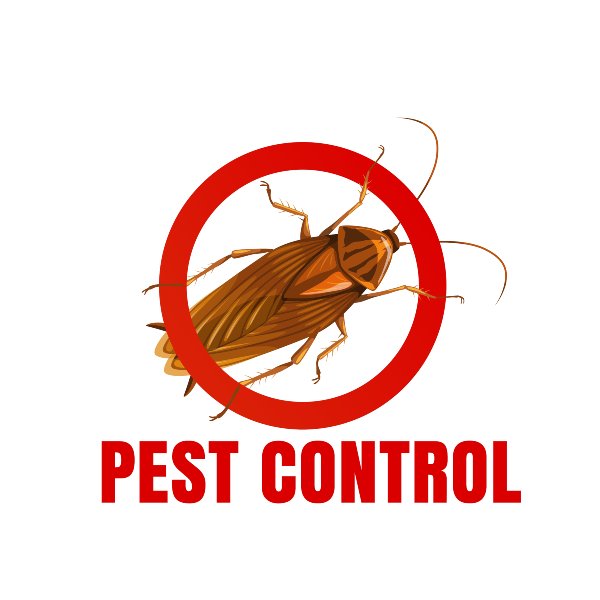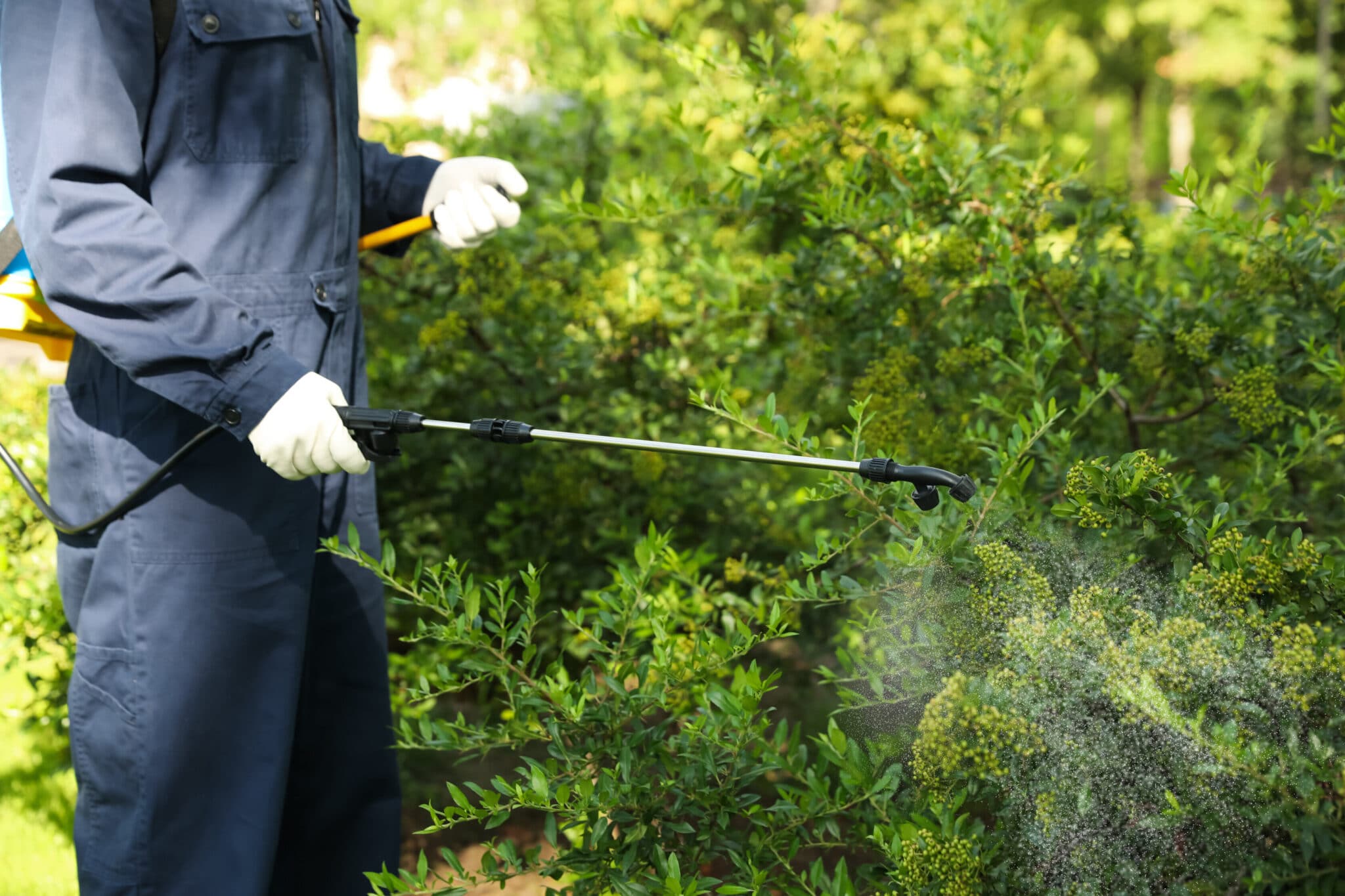Find the Best Exterminator Coquitlam for Fast and Reliable Pest Control
Find the Best Exterminator Coquitlam for Fast and Reliable Pest Control
Blog Article
Safe and Dependable Parasite Control for Lasting Defense
Effective pest management requires a diverse approach that stabilizes environmental honesty with the requirement for effective parasite reductions. The nuances of these approaches may not be quickly clear, prompting a more detailed exam of the practices that can lead to sustainable parasite control outcomes.
Recognizing Insect Control Methods
Bug control includes a range of approaches focused on handling and removing undesirable bugs and rats that can endanger both health and wellness and property. Understanding these techniques is important for reliable parasite administration.
The primary classifications of bug control approaches consist of mechanical, organic, and chemical techniques. Mechanical approaches involve physical obstacles and traps to avoid parasite access and capture unwanted species. Making use of displays on windows or using sticky traps can dramatically reduce bug populations without introducing hazardous compounds - exterminator coquitlam.

Chemical pest control is often one of the most identified method, utilizing pesticides to remove pests. These chemicals can be effective however must be used with care to avoid adverse results on non-target varieties and the atmosphere.
Benefits of Eco-Friendly Solutions
How can environmentally friendly remedies transform pest control practices? The adoption of eco-friendly parasite control techniques provides numerous benefits, considerably improving the performance and safety of bug management.

One more benefit is the favorable effect on neighborhood biodiversity. Environment-friendly services are made to target specific insects while maintaining advantageous insects and wild animals, promoting a balanced community. This method aligns with the expanding consumer demand for sustainable methods, boosting the credibility of bug control service providers.
Integrated Bug Administration Techniques
The execution of green services naturally causes the fostering of Integrated Parasite Management (IPM) strategies, which further boost bug control effectiveness. IPM is a holistic approach that incorporates numerous tactics to manage insect populations while reducing environmental influence. This strategy emphasizes making use of organic, social, mechanical, and chemical controls, making sure a balanced and sustainable technique of parasite monitoring.
One essential facet of IPM is the comprehensive analysis of pest task and ecological problems. By monitoring bug populations and determining their life process, experts can execute targeted treatments that interrupt the parasite's environment or lifecycle, reducing reliance on chemical pesticides. In addition, social practices such as plant turning and habitat manipulation can significantly lessen parasite establishment and recreation.
Another important element is making use of biological control agents, such as beneficial insects or microorganisms, which can normally reduce parasite populaces. When chemical applications are necessary, IPM prioritizes the usage of low-risk chemicals and applies them selectively, decreasing direct exposure to non-target organisms and people.
Incorporating IPM techniques not just boosts pest control effectiveness however also advertises a more secure environment, lining up with the expanding need for lasting techniques in pest monitoring.
Safe Practices for Property Owners
Comprehending the importance of safe techniques in parasite control can equip home owners to properly handle parasite issues while securing their health and wellness and the environment. Applying safe methods and safety nets is crucial in lessening direct exposure to unsafe chemicals.
Property owners ought to initially evaluate their setting for conditions that draw in parasites, such as standing food, mess, and water waste. Frequently cleaning and sealing entrance factors can hinder bugs from getting into the home. Utilizing view it now natural deterrents, such as important oils or diatomaceous planet, can give reliable options to chemical pesticides.
When chemical therapies are required, home owners must decide for items that are especially classified as safe for domestic use. It is important to follow application standards meticulously to prevent overexposure. Using targeted treatments in locations where bugs are recognized, instead than covering spraying, can considerably minimize chemical use.
Lastly, preserving open interaction with bug control professionals is important. Home owners need to inquire concerning the security of items used and request environment-friendly options whenever feasible. By embracing these risk-free practices, house owners can develop a healthier living setting while properly handling bug concerns.
Tips for Long-Term Defense
Developing a pest management method that highlights lasting defense can substantially enhance the effectiveness of the safe methods formerly discussed. To achieve this, property owners ought to carry out use this link regular inspections of their home, concentrating on hidden areas such as attics, basements, and crawl spaces. Early discovery of insect activity is important in protecting against problems from taking hold.
These practices lower attractants that draw pests original site right into the home. Sealing access points, such as splits around doors and home windows, can successfully block prospective pest accessibility.
Landscaping needs to also be taken into consideration; keeping plants cut and maintaining a range between plants and the home reduces concealing spots for bugs. Utilizing all-natural deterrents, such as essential oils or diatomaceous planet, can further dissuade problems without resorting to extreme chemicals.
Lastly, working together with a specialist insect control solution for periodic assessments can give an extra layer of safety. These experts can provide customized referrals and advanced treatments, making sure that your home remains safeguarded versus parasites in the lengthy term.
Conclusion
To conclude, reliable and safe bug control calls for a complex approach that emphasizes environment-friendly approaches and incorporated pest management. By executing all-natural deterrents, carrying out normal examinations, and keeping proper sanitation, home owners can dramatically minimize bug populaces while protecting helpful pests and the setting. Cooperation with specialist bug control solutions improves the efficiency of these strategies, guaranteeing customized services that supply long-term defense and assurance against future problems.
Effective insect management requires a diverse method that stabilizes environmental integrity with the need for efficient insect suppression. The fostering of green bug control techniques provides countless advantages, substantially improving the effectiveness and safety and security of bug management.The application of green solutions normally leads to the adoption of Integrated Parasite Administration (IPM) strategies, which additionally boost bug control efficiency. exterminator coquitlam. By keeping track of bug populations and identifying their life cycles, professionals can execute targeted interventions that interrupt the bug's environment or lifecycle, minimizing dependence on chemical pesticides.In verdict, reliable and risk-free pest control needs a multifaceted approach that stresses green methods and incorporated parasite monitoring
Report this page